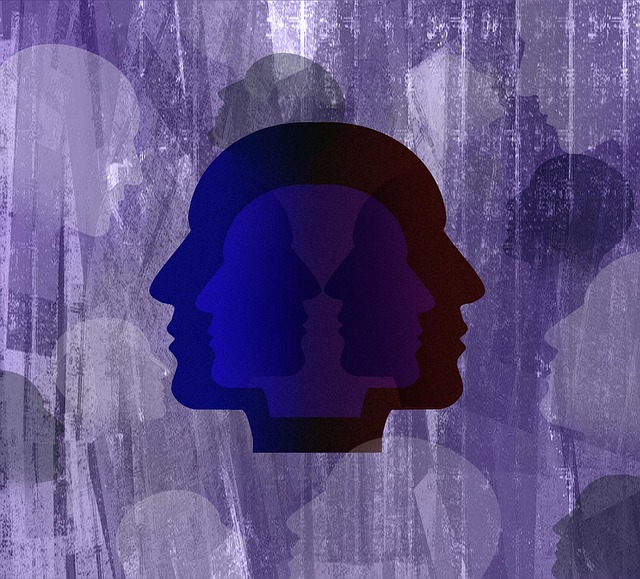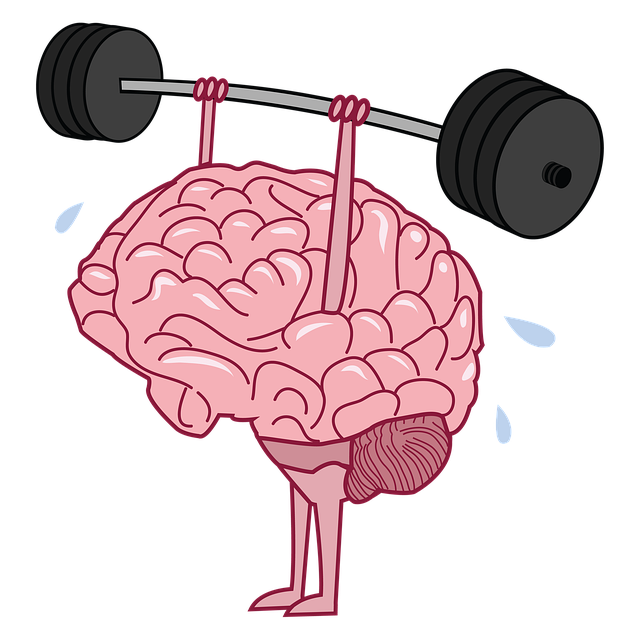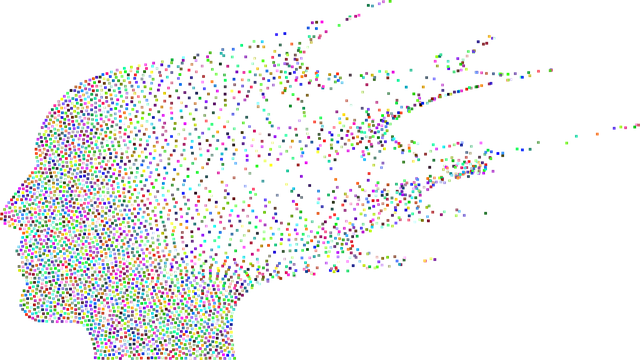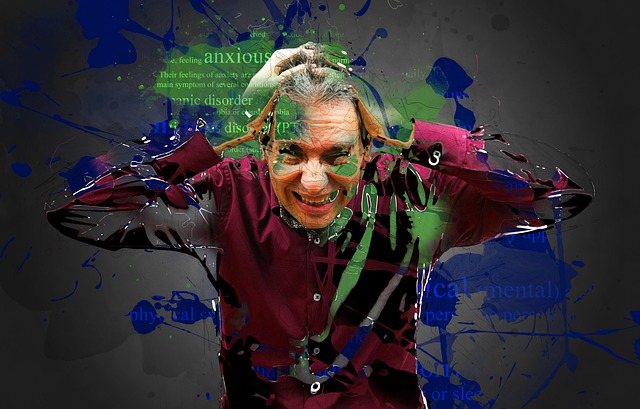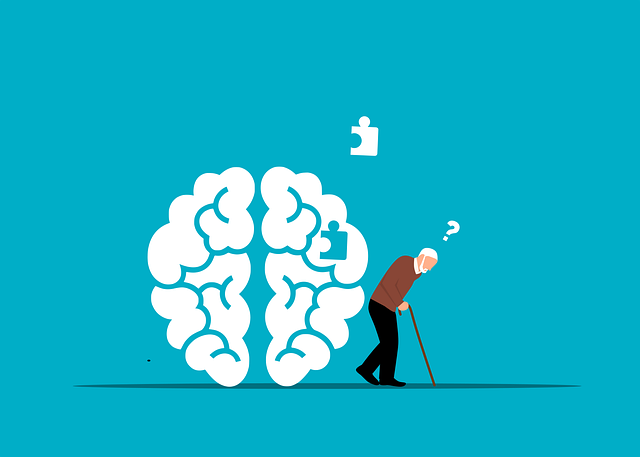Understanding mental health diagnoses is crucial for effective treatment and recovery. For deaf or hard-of-hearing individuals, Superior American Sign Language (ASL) therapy offers vital crisis intervention and support. Decoding diagnoses fosters open communication, empowering patients to recognize their experiences and take control of their mental health journey. ASL therapy integrates emotional regulation strategies, improving patient-centered care and treatment outcomes. Overcoming accessibility barriers through specialized therapies and policy changes ensures equitable mental healthcare for diverse populations, including the Deaf community.
Mental illness diagnosis and treatment can be complex, especially for individuals within the deaf community who often face unique challenges. This article explores the critical role of Superior American Sign Language (ASL) therapy in navigating these complexities. We delve into understanding mental health diagnoses, decoding medical jargon, and exploring diverse treatment options. Additionally, we discuss overcoming barriers to accessibility, highlighting success stories that demonstrate how ASL therapy transforms lives and promotes healing within this community.
- Understanding Mental Health Diagnoses: Decoding Medical Terms and Their Impact
- The Role of American Sign Language (ASL) in Mental Health Communication
- Navigating Treatment Options: Therapies, Medications, and Integrated Care Approaches
- Overcoming Barriers: Accessibility Issues and Support for the Deaf Community
- Success Stories: How ASL Therapy Transforms Lives and Promotes Healing
Understanding Mental Health Diagnoses: Decoding Medical Terms and Their Impact

Mental health diagnoses can seem like a complex web of medical jargon, but understanding these terms is crucial for navigating treatment effectively. Each diagnosis carries specific meanings and implications, impacting the course of care and recovery. For instance, conditions like depression or anxiety disorders have distinct characteristics and symptoms that professionals use to tailor interventions. Superior American Sign Language (ASL) therapy, as a specialized approach, can play a pivotal role in this process by offering crisis intervention guidance tailored to the unique needs of deaf or hard-of-hearing individuals.
Decoding these diagnoses is essential for fostering open communication between patients and healthcare providers. It enables individuals to recognize their experiences and take charge of their mental health journey. Additionally, emotional regulation and intelligence become key focus areas; learning to manage and understand emotions effectively is integral to overcoming challenges associated with various mental health conditions. This process empowers folks to actively participate in their treatment plans, ensuring more positive outcomes.
The Role of American Sign Language (ASL) in Mental Health Communication

The role of American Sign Language (ASL) in mental health communication cannot be understated, especially when considering the growing need for inclusive healthcare services. Superior ASL therapy empowers individuals who are deaf or hard of hearing to express their inner strength and emotions effectively. This is crucial as mental illness diagnosis and treatment often rely heavily on open and honest communication between patients and healthcare providers. By incorporating ASL into mental health support, professionals can bridge the gap in understanding and build a more inclusive environment.
Healthcare provider cultural competency training should encompass the learning and use of ASL to enhance patient-centered care. This not only facilitates better communication but also shows respect for the unique cultural aspects of deaf individuals. Moreover, in light of ongoing mental health policy analysis and advocacy efforts, recognizing the benefits of ASL therapy aligns with broader initiatives to ensure equal access to quality mental healthcare for all.
Navigating Treatment Options: Therapies, Medications, and Integrated Care Approaches

Navigating treatment options is a critical step for individuals seeking support for their mental health. The landscape of care includes various approaches tailored to unique needs. Therapies, such as cognitive-behavioral therapy (CBT) and interpersonal psychotherapy, offer powerful tools for understanding and managing mental illness. These evidence-based practices empower individuals with coping strategies and insights into their thoughts and behaviors.
Medications play a significant role in treatment, particularly for severe conditions like depression or anxiety disorders. Antidepressants and anti-anxiety medications can help stabilize moods and alleviate symptoms. Integrating these treatments—combining therapies with medication—often yields the best outcomes. For instance, American Sign Language (ASL) therapy, a specialized approach, can enhance communication and emotional expression for deaf individuals, fostering a sense of empowerment and positive thinking. In light of this, public awareness campaigns development and conflict resolution techniques within these integrated care models contribute to improved mental health journeys.
Overcoming Barriers: Accessibility Issues and Support for the Deaf Community

Overcoming barriers to mental health care is a critical aspect of improving overall well-being, especially within the Deaf community. Accessibility issues have long been a concern, hindering individuals from receiving the support they need. However, advancements in American Sign Language (ASL) therapy and an increasing focus on Mental Health Policy Analysis and Advocacy are addressing these challenges. Superior ASL Therapy plays a pivotal role in making mental health services more inclusive. By providing specialized treatment through qualified therapists who use ASL as their primary language, individuals who have been historically underserved can now access effective mood management strategies.
This shift towards accessibility is not only beneficial for the Deaf community but also contributes to a broader Mental Health Policy Analysis, ensuring that diverse populations receive equitable care. Encouraging positive thinking and fostering an environment where Deaf individuals feel comfortable seeking help is essential. Through advocacy and raising awareness, we can break down barriers, improve diagnosis rates, and enhance overall mental health outcomes for this community.
Success Stories: How ASL Therapy Transforms Lives and Promotes Healing

Many individuals living with mental illness face challenges navigating their treatment options and finding effective support. This is where Superior American Sign Language (ASL) Therapy steps in as a powerful tool for healing and empowerment. Through ASL, clients can express themselves more freely, allowing therapists to gain deeper insights into their experiences and emotions. This non-verbal communication method fosters an environment of trust and understanding, encouraging open dialogue about sensitive topics.
The benefits are profound, especially for those who have struggled with traditional talk therapy. ASL Therapy enables people to participate actively in their mental health care, promoting self-awareness and self-expression. It facilitates improved mood management and stress reduction, as clients learn sign language to communicate their feelings more effectively. Moreover, this innovative approach includes resilience-building workshops, empowering individuals to cope with challenges and navigate their mental health journey with enhanced coping strategies.
In light of the above discussions, it’s clear that mental illness diagnosis and treatment navigation assistance play a pivotal role in supporting individuals within the deaf community. By understanding mental health diagnoses, leveraging American Sign Language (ASL) for effective communication, exploring diverse treatment options, addressing accessibility barriers, and celebrating success stories like superior ASL therapy, we can significantly enhance care outcomes. This comprehensive approach ensures that folks receive the tailored support they need to navigate their mental health journeys with dignity and hope.

